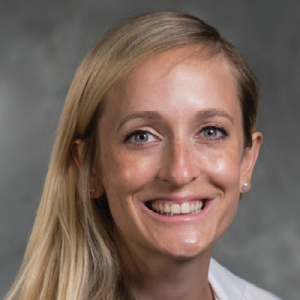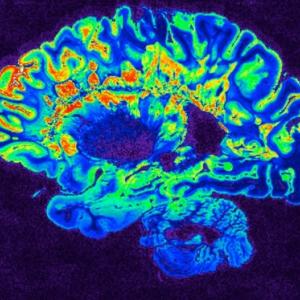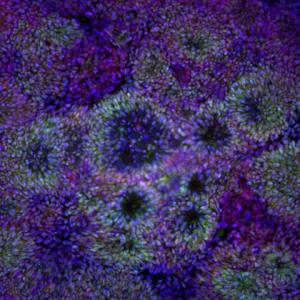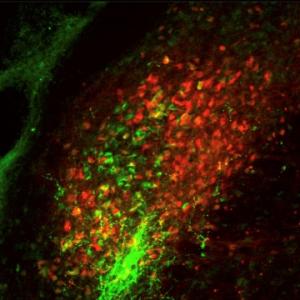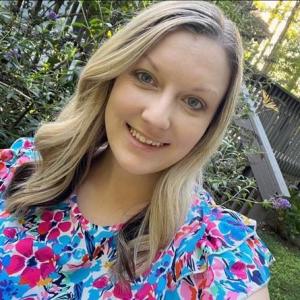How Long Is Too Long to Stay in Bed?
Dr. Soltis talks about the acceptable threshold for lounging in bed.
Secrecy Surrounding Elon Musk’s Brain Project Neuralink and its Living Human Patient Adds to Controversy
Dr. Cogan comments on Neuralink, Elon Musk's brain chip.
Duke Neurology Research Round Up, January 2024
In January, members of Duke Neurology wrote and contributed to 20 peer-reviewed journal articles. This month’s research includes an article reviewing interneuron transplantation for drug-resistant epilepsy, a study on the relationship between BMI and intracerebral hemorrhage, and a study indicating that genetic associations with longevity are stronger in females than in males.
The Feasibility of a Brain Implant that Allows Only Mental Thinking May Be True, Contrary to Popular Belief
Dr. Cogan discusses a recent study in his lab working to design a speech prosthetic that converts signals into words.
Duke Neurology Research Round Up, December 2023
The final month of 2023 saw members of the Duke Neurology Department contributing to nine new peer-reviewed journal articles. Highlights include an analysis of symptoms associated with internal tremor for Parkinson’s disease, a trio of population-level studies for stroke, and a new examination of the connections between white matter and executive function. Read short summaries of each of these articles and find links to the original research below.
Duke Neurology at AES 2023: Highlights from Orlando
Current and former members of the Duke Neurology Department, along with the nation’s leading epilepsy researchers, providers, and educators, gathered in Orlando, Florida, this weekend for the American Epilepsy Society’s (AES) 2023 annual meeting. Members of our Department are leading three events or lectures, and contributing to 11 new posters or abstracts on epilepsy surgery, self-care in epilepsy, the use of guidelines in managing epilepsy, and other topics.
Duke Neurology Research Round Up, December 2023
What do a speech prosthetic that translates brain signals into speech, retinal scans that detect cognitive impairment, and a promising new form of genetic therapy for Parkinson’s and some forms of dementia have in common? They’re all examples of the 21 peer-reviewed journal articles authored members of the Duke Neurology Department published this November.
Staff Spotlight: Ashley Ladd
The challenges of providing healthcare go far beyond diagnosis, monitoring, and treatment. Patient and provider schedules have to be constantly organized, updated, and communicated to ensure functioning clinics and provide adequate care. Ashley Ladd, the subject of this week’s Spotlight interview, takes on these duties and more for patients with epilepsy, sleep disorder, and other related conditions.
